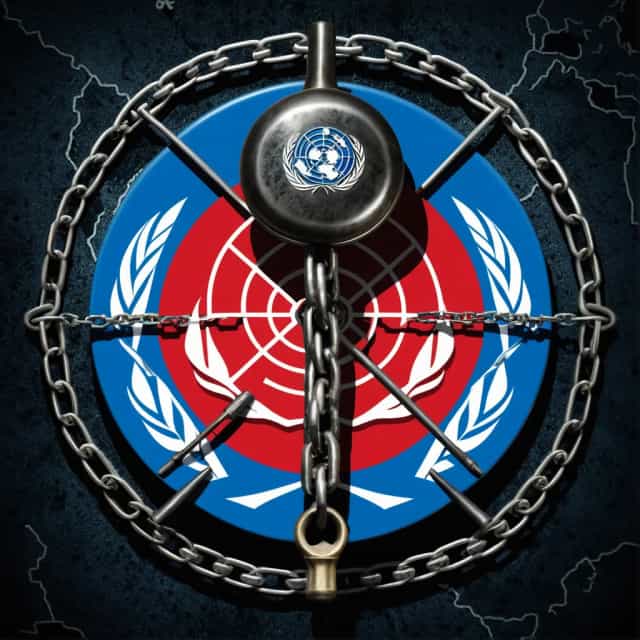
출처: Block Media
South Korea to Enforce Stricter Stress DSR Regulations from July 1
The Financial Services Commission (FSC) of South Korea announced on June 20 that the stress interest rate used to calculate the debt service ratio (DSR) for household loans across all financial sectors, including banks and non-bank financial institutions, will increase to 1.5% starting July 1. However, for residential mortgage loans in regions outside the capital area, the current stress rate of 0.75% will remain until the end of 2023.
During a meeting chaired by Kwon Dae-young, Secretary-General of the FSC, at the Seoul Government Complex, the FSC finalized its third-phase implementation plan for the Stress DSR system. Officials from the Ministry of Strategy and Finance, Ministry of Land, Infrastructure and Transport, Bank of Korea, Financial Supervisory Service, banking associations, and major financial institutions were present.
Understanding Stress DSR
Stress DSR is a regulatory measure designed to anticipate potential increases in loan repayment burdens due to rising interest rates over a loan’s lifespan. This is done by adding a stress interest rate to the DSR calculation to determine borrowing limits, though this rate is not included in actual loan interest rates.
The government has been gradually rolling out this system to manage risks associated with future interest rate changes. The first phase, introduced in February 2022, applied to residential mortgage loans from banks with a stress rate of 0.38%. The second phase, starting in September 2022, extended to credit loans and non-bank mortgage loans with stress rates of 1.2% for Seoul and metropolitan areas, and 0.75% for regional areas. The third phase marks the system’s full implementation.
Impact on Loan Limits with New Stress DSR
From July 1, the third-phase Stress DSR will cover almost all household loans. The new stress rate of 1.5% is expected to reduce borrowing limits. For instance, a borrower in the Seoul metropolitan area with an annual income of KRW 50 million seeking a 30-year variable-rate loan (4.2%, equal principal and interest repayment) will see their borrowing limit drop by KRW 10 million from KRW 300 million to KRW 290 million, a 3% decrease.
For those earning KRW 100 million annually under similar conditions, the loan limit will decrease from KRW 590 million to KRW 570 million. The stress interest rate will apply to credit loans only if outstanding balances exceed KRW 100 million.
Due to the declining share of regional mortgage loans in newly issued loans this year, the FSC will keep the Phase 2 stress interest rate of 0.75% for regional mortgage loans outside the capital area, including non-metropolitan regions, until the end of 2023.
Increased Stress Rates for Hybrid and Adjustable-Rate Mortgages
The FSC also plans to raise stress interest rates for hybrid and adjustable-rate mortgages to promote a switch to fixed-interest loans. For hybrid-rate loans, the current ratio of 20-60% will increase to 40-80%. For adjustable-rate loans, the ratio will rise from 10-30% to 20-40%.
Mortgage loans linked to pre-sale notifications made before June 30 or real estate transactions completed before June 30 will adhere to the Phase 2 stress rate regulations (banks: 1.2% in the capital area, 0.75% in regional areas).
FSC’s Goal for Advanced Household Debt Management
FSC Secretary-General Kwon Dae-young stated that the third and final phase of the Stress DSR system establishes an advanced mechanism to manage future interest rate volatility across virtually all household loans. “The Stress DSR acts as an ‘automatic control mechanism’ to limit excessive borrowing during periods of falling interest rates, and its impact is expected to grow over time,” he said.
Addressing the six-month grace period for regional mortgage loans, Kwon highlighted their reduced contribution to recent household debt growth. "We will reassess stress rates for regional areas by year-end, considering their economic impact," he added.
Kwon also encouraged diligence among government agencies and financial institutions, warning of potential household debt growth acceleration in May. The FSC will closely monitor financial institutions' adherence to loan management targets and implement corrective actions as necessary.
Finally, Kwon urged financial institutions to enhance their ability to autonomously manage household loans by rigorously assessing borrowers' repayment capacities and preparing for any loan concentration issues before implementing the third-phase Stress DSR.










